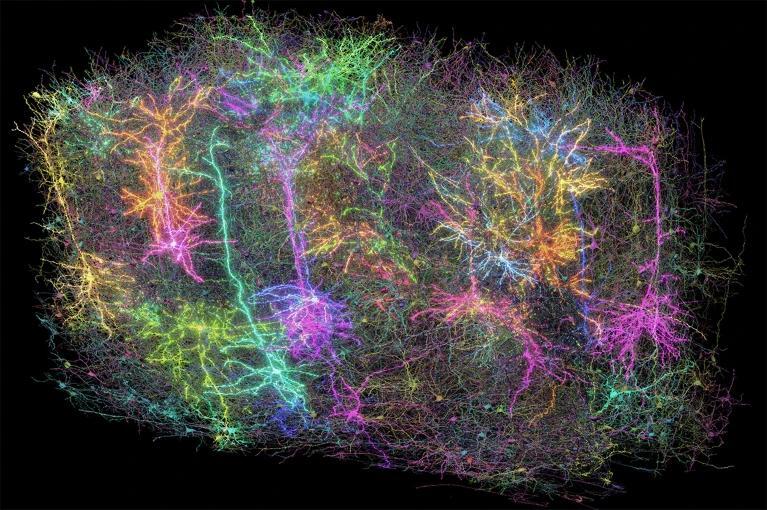
India Must Have Key AI Infrastructure to Compete Globally: Perplexity CEO
The landscape of Artificial Intelligence (AI) is rapidly evolving, with countries around the world vying to establish themselves as leaders in the field. In India, there is a growing recognition of the importance of AI in driving technological advancements and economic growth. However, according to Aravind Srinivas, CEO of Perplexity AI, the country still needs to strengthen its expertise and infrastructure to build its foundational AI models and compete globally.
In an interview with Moneycontrol, Srinivas emphasized the crucial role that talent and infrastructure play in building world-class AI models. “It’s essential to have the skill set to compete on the same benchmarks as everyone else,” he said. “Just like India’s low-cost satellite launches have been an inspiration, the same should be true for building world-class AI models.”
Srinivas’ comments come at a time when India is rapidly advancing its AI capabilities. The government has launched several initiatives to promote AI adoption, including the National Program on Artificial Intelligence (NPAI), which aims to establish India as a leader in AI research and development. Additionally, several startups and established companies are investing heavily in AI research and development, with many focusing on applications such as healthcare, finance, and education.
However, despite these efforts, India still lags behind other countries in terms of its AI capabilities. According to a report by the International Institute for Management Development (IMD), India ranks 54th out of 63 countries in terms of its AI readiness, behind countries such as the United States, China, and South Korea.
So, what does India need to do to catch up and compete globally in AI? According to Srinivas, the country needs to focus on building its foundational AI models, which are the building blocks of more complex AI applications. “You can’t just have a bunch of smart people; you need to have a robust infrastructure to support them,” he said. “You need to have the right hardware, software, and data to build these foundational models.”
Srinivas also emphasized the importance of talent in building India’s AI capabilities. “You need to have a deep pool of talent that is trained in AI and machine learning,” he said. “You can’t just rely on imports; you need to have a homegrown talent pool that can solve India’s unique problems.”
To build this talent pool, India needs to invest in AI education and training programs. This could include establishing new AI-focused universities and research centers, as well as providing training and certification programs for existing professionals. Additionally, the government could provide incentives for companies to invest in AI research and development, such as tax breaks and funding for startups.
Another area where India needs to improve is in data quality and availability. AI models require large amounts of high-quality data to operate effectively, and India needs to improve its data collection and management capabilities. This could include establishing a national data registry, as well as providing incentives for companies to share their data.
Finally, India needs to focus on building its AI ecosystem. This could include establishing AI-focused incubators and accelerators, as well as providing funding for startups and small businesses. The government could also provide support for AI research and development, such as funding for research grants and collaborations with international partners.
In conclusion, while India is making progress in AI, it still needs to strengthen its expertise and infrastructure to build its foundational AI models and compete globally. According to Srinivas, this requires a focus on talent, infrastructure, data quality, and the AI ecosystem. By investing in these areas, India can establish itself as a leader in AI and drive technological advancements and economic growth.






